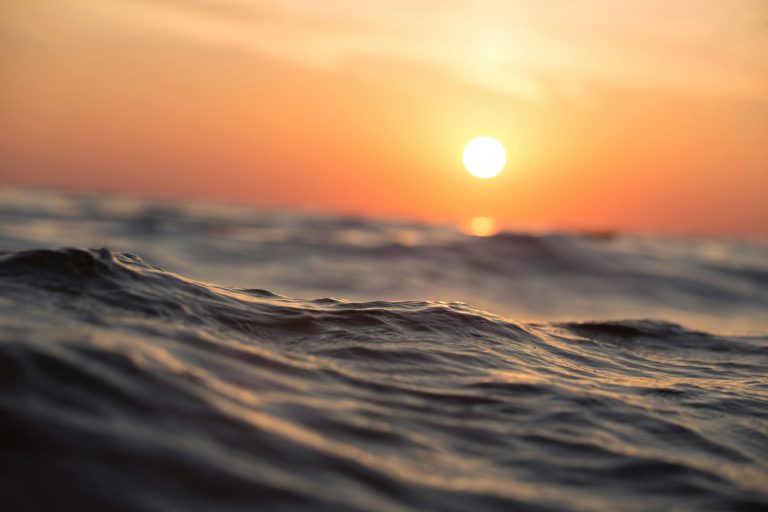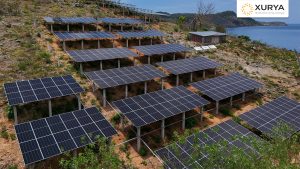Jakarta – Over 10,000 delegates, including heads of state, diplomats, scientists, and activists, will gather in Nice, France, from June 9–13 for the third United Nations Ocean Conference (UNOC), a high-stakes global summit aimed at protecting the world’s oceans and integrating ocean health more deeply into international policy frameworks.
Co-hosted by France and Costa Rica, the conference will be attended by French President Emmanuel Macron and Brazilian President Luiz Inácio Lula da Silva. It is expected to adopt the “Nice Political Declaration,” a non-binding agreement that seeks to strengthen global commitments through voluntary pledges on sustainable ocean use, including in sectors such as shipping, trade, tourism, and climate financing.
The conference marks a critical moment midway through the UN Ocean Decade, a period identified by scientists as essential for reversing the degradation of marine ecosystems. Ocean health is increasingly imperilled by climate change, plastic pollution, overfishing, and deep-sea mining, with experts warning that current governance and financing structures are fragmented and inadequate.
Small Island Developing States (SIDS), which are custodians of over 30% of the world’s oceans, are advocating for more decisive global action on sea-level rise, ocean acidification, and climate solutions based on the ocean. They have called on countries to integrate ocean health and financing into their Nationally Determined Contributions (NDCs) — national climate action plans under the Paris Agreement — ahead of COP30 in Belém, Brazil.
The summit will also aim to build momentum for ratifying the High Seas Treaty, a landmark agreement designed to protect marine biodiversity in international waters. While 115 countries have signed the treaty, only 22 have ratified it, well short of the 60 required for it to come into force.
Brazil’s Lula arrives at the summit under scrutiny, as his government faces criticism over potential new oil exploration projects in the Amazon, despite its international climate leadership efforts. His meeting with Macron will reaffirm a joint commitment by Brazil and France to place oceans at the heart of their diplomatic agenda.
Environmental groups are urging stronger language in the draft declaration, particularly regarding the phasing out of fossil fuels and the banning of deep-sea mining. Over 100 NGOs have signed a letter calling for the final text to reflect the Global Stocktake and the need to end fossil fuel dependency.
The conference outcomes are expected to influence the next round of Plastics Treaty talks in August in Geneva, where countries will debate a global cap on plastic production.
According to the World Economic Forum, at least USD 175 billion is needed annually to build a sustainable ocean economy. Current funding levels fall far short, with less than USD 10 billion allocated globally between 2015 and 2019 for ocean protection under the UN’s Sustainable Development Goals.
With the ocean absorbing over 90% of the Earth’s excess heat and generating half of the planet’s oxygen, scientists warn that without immediate, coordinated global emissions cuts, the ocean’s ability to buffer the climate crisis could be lost — a blow not just to marine life, but to humanity itself. (nsh)
Banner photo: Sebastian Voortman/pexels.com















